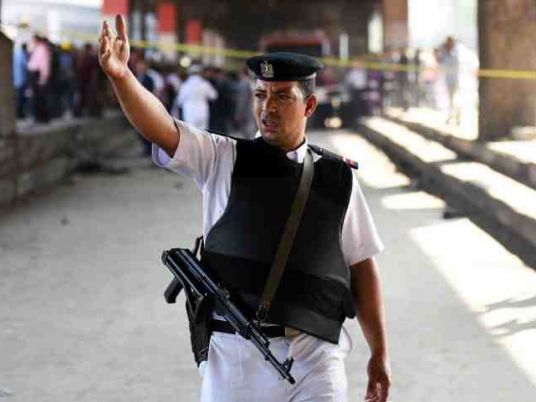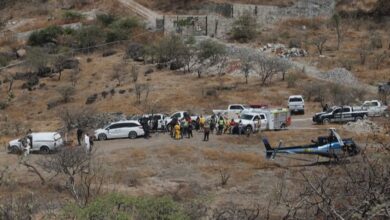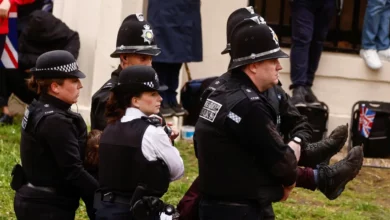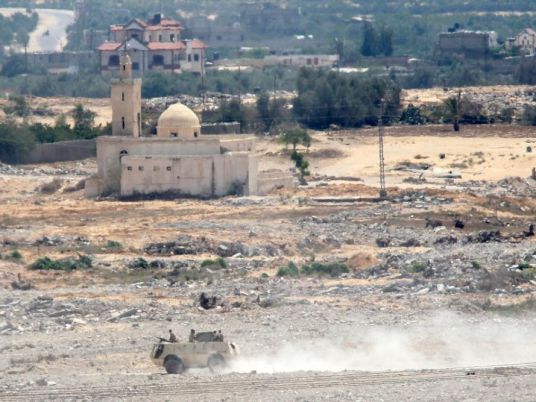If you’ve noticed that many people around you have recently become much more proactive, if not ill-humored, don’t be fooled. This is not the dawning of some renewed collective work ethic. What you’re witnessing is withdrawal.
For the past two months local drug consumers–which the most conservative estimates place at around 7 million–have been in the throes of what has become the talk of the town: the ongoing hashish shortage and its resultant price hikes.
Al-Dostour newspaper reported on the first wave of hashish price hikes in Alexandria on 15 March, describing them as "insane." The price of a qirsh (about 8-12g) jumped from LE120 to LE470, and the torbah (the larger dealing block, comprised of anywhere between 100-120 qirsh) from LE1100 to LE3500. The price of bango (low-grade marijuana), the cheaper substitute consumers usually first turn to in such predicaments, also went up from LE20 to LE80 for a (roughly 100 gram) pack. The report indicated that a major shipment had been held and an unnamed dealer caught, and that city-wide checkpoints had been increased to apprehend users.
On 29 March, General Mostafa Amer, director of the Interior Ministry’s Anti-Narcotics General Administration (ANGA), announced that over 7.5 tons of hashish, as well as 25kg of heroin, were confiscated in 265 cases involving 343 suspects in the past three months.
This constitutes a surge in the administration’s activity. Its 2009 reports indicate that the total volume of hashish seized that year in foiled smuggling attempts hovered around the ten ton mark. Amer noted that the recent arrests included kingpin dealers, known locally as "emperors," as well as middle-men distributors, commonly referred to as "dealers," resulting in what local media termed "major suffocation" in the drug trade.
Amer credits the administration’s recent success to its "relentless campaigns," as well as the "concerted efforts and improved coordination" between various security authorities, especially central security forces and security directorates in Qalyoubia and Sharqiya–historically the hotbed of the country’s drug activity.
The majority of Egypt’s hashish is imported from Morocco, while a smaller percentage is brought from Lebanon. Amer noted the contribution of the port authorities in cracking down on the drug.
According to ANGA’s 2003-2004 reports, illicit drugs cost Egypt over LE8.5 billion annually–a figure that includes both the amount of money used to purchase them as well as government spending to combat the problem.
Amer stated that the hash shortage and the inflated prices are good indicators of ANGA’s progress in its task to cripple the industry. He stressed that the most worrisome aspect of the local drug trade was the declining average age of users.
Amer did, however, also concede that many have now turned to illicit pharmaceuticals, such as opiate-based analgesics like Tramadol, Altadol (street name: strawberries) and Epidural, the prices of which have marginally increased recently. He said his administration would confront that problem as well, removing certain intoxicants from pharmacies’ inventories, and calling for tougher punishments for offenders.
Anyone familiar with the standard recreation habits of what is undeniably a substantial portion of the population should have recognized by now that Amer’s zeal has stirred up a hornet’s nest.
The notion of a "dry" Egypt is so unfathomable that even following mainstream reports of the crackdown, many are still seeking an explanation for the hash shortage, as well as the "true" motivation behind the crackdown. In a recent episode of his show "Al-Qahira Al-Youm," presenter Amr Adeeb, with his characteristic brand of pugnacious humor, dramatically announced that this was "the first time ever" Egypt has experienced such a dry spell, and that the bango alternative was unacceptable since "it’s for kids and gives you a headache." Adeeb wondered aloud whether the government itself was hoarding supplies to capitalize on jacked up prices, or whether it was paving the way for a multinational corporation to monopolize distribution.
The grapevine has been humming with alternative theories: Such drug busts are common before major holidays because when authorities "close the books" more arrests translate into larger bonuses for officers; local producers of alcoholic beverages are intent on making their products the primary source of Egyptians’ inebriation; suppliers abroad are determined to substitute hashish with drugs that are easier to smuggle; the latest hash shipment is carcinogenic; the government is hoping the youth’s frenzied search for affordable recreational drugs will keep them distracted from politics.
But if there are ulterior motives behind the recent crackdown, one is hard-pressed to find a credible source to speak about them with any authority. Even the majority of distributors–the "dealers"–seem clueless.
"At first, I heard the shortage was due to the Egypt Rally Cup races," said one dealer who chose the alias Kado. "The same roads we depend on were being shut down or tightly controlled for the races… Those races ended a while ago, so now I don’t know. It’s not normal. Crackdowns don’t last this long and police presence doesn’t seem to have increased. Nobody I know has gotten arrested. Whatever is going on, it’s something in the higher ranks and we’re just getting kicked around because of it."
Another dealer, who at the time of the interview was torn between the aliases Chester Cheetos and Mix Grill, noted that, "This is what happened with weed several years ago. Now the government’s doing the same with hashish to get people to move onto heroin, which has become a lot cheaper and much more available. They want us all drugged up and indifferent to the mess that we’re living in," he said, before adding, "But this is just a theory."
The dealer also suggested the shortage could be do to hoarding. Now, he said, slapping his own cheeks in exasperation, he spends LE4000 on a torbah.
Whatever the reason is, one thing is clear, according to Kado: "People are becoming desperate."
Al-Dostour ran a follow-up story on 28 March in which potheads outlined how they’ve been coping. Many bemoaned resorting to booze and pills to address their mood swings, and spoke of the unsavory characters they had to encounter, as well as expeditions they undertook to governorates they hoped they’d never see, to find affordable supplies.
It remains to be seen whether these latest crackdowns are a serious commitment to a drug-free Egypt or little more than an elaborate public relations stunt. The general consensus seems to be that the government will flood the market with hashish soon enough, and return to its tried and tested policy of opiating the masses, especially in an election year.
For the foreseeable future, however, the abundance of drug smoking paraphernalia readily available at most stations’ convenience stores will have to keep collecting dust.
Additional reporting by Ali Abdel Mohsen.




